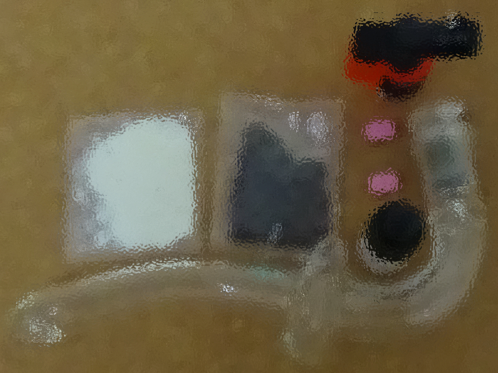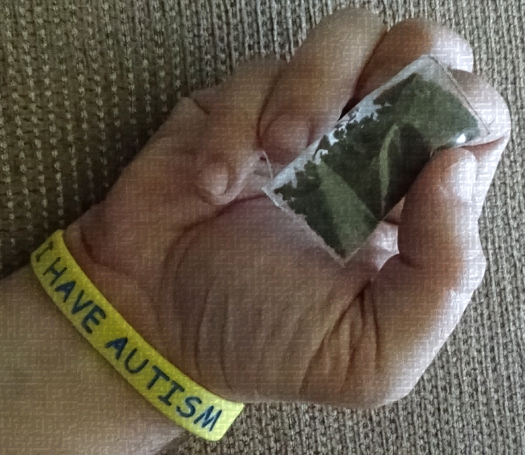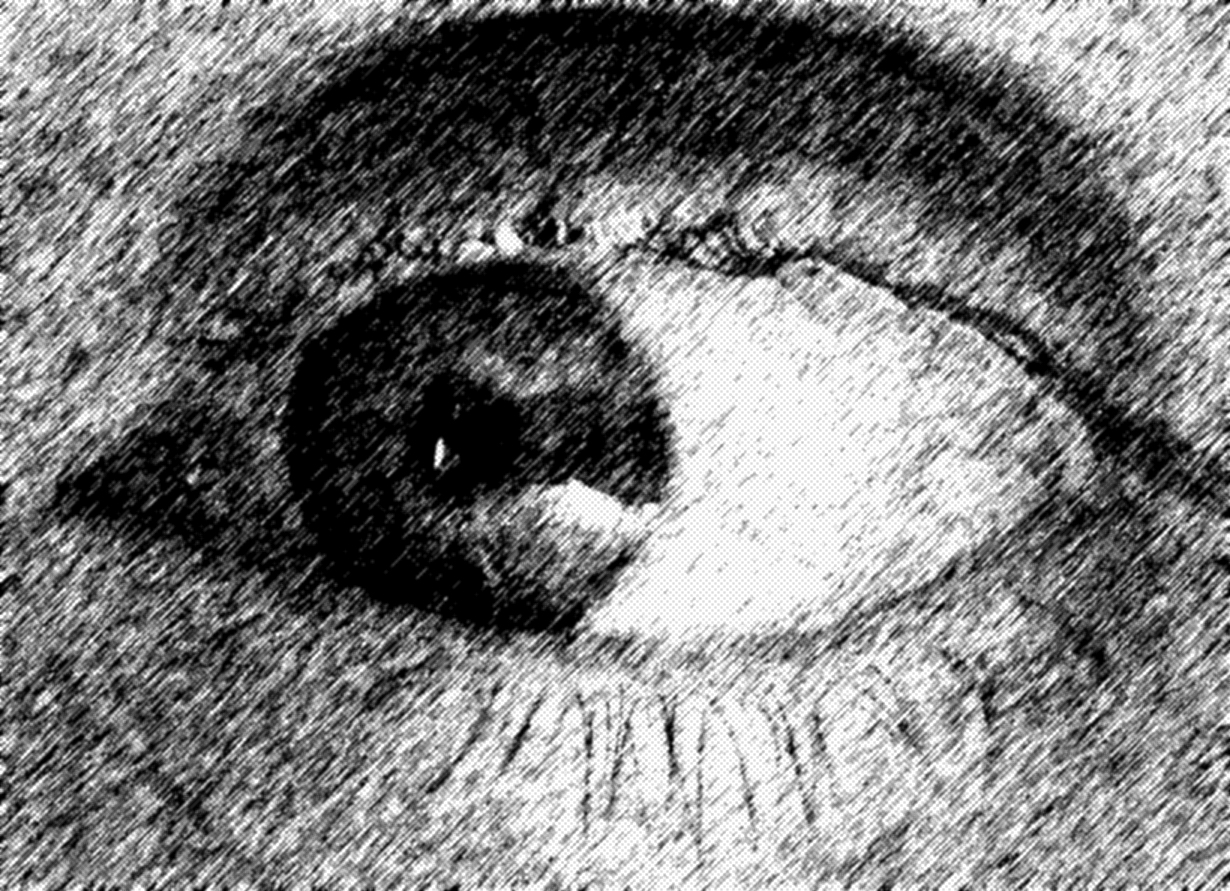Could Cannabis Help People on the Autism Spectrum?
Primary tabs
James Holley, a molecular biologist, believes that cannabis could benefit people on the autism spectrum because it helps repair damages done to the FRM1 gene. Daniele Piomelli, a scientist at UC Berkley, is conducting studies that show how cannabis can regulate the signals to the nervous system that dictate people’s social behaviors. The tendency of autistic people to withdraw socially is largely a function of an endocannabinoid system that is not working properly; however, laboratory experiments have shown that cannabis can restore the endocannabinoid system to proper functioning. In particular, Alex Striker (who has studied neuroscience for over 15 years), has been able to prove that cannabis can reduce the symptoms of Fragile X Syndrome; That syndrome, when left untreated, is the leading cause of autism. According to researchers working out of Cold Spring Harbor Laboratory (CSHL) Fragile X Syndrome and Autism occur because genetic damage prevents the brain from developing properly. Despite the research that shows the promise cannabis holds for helping people with autism, doctors in 49 states are not allowed to prescribe cannabis to treat people with autism. California, however, allows doctors to prescribe cannabis to anybody that the doctor feels will benefit from using cannabis. One of the major reasons why California allows doctors to prescribe cannabis for anyone that they see fit is the fact that some studies show that cannabis provides autistic people with lots of benefits – and doesn’t have the dangerous side effects that are often found in some more typical pharmaceutical drugs used to treat autism.  Drugs Under Glass Table. (Illistration: Michael Israel)
Drugs Under Glass Table. (Illistration: Michael Israel)
The Multidisciplinary Association of Psychedelics Studies (MAPS) and the National Organization for the Reform of Marijuana Laws (NORML) have disproven many rumors surrounding marijuana use. Specifically, these organizations have found that smoking marijuana does not increase the likelihood that a person will become schizophrenic; Additionally, they have found that cigarettes and alcohol are much more dangerous than cannabis or any other naturally occurring psychedelic substance. Casandra Washington, an autistic woman living in Washington State, has used cannabis to help her cope with some of the issues caused by her autism. Casandra said that her “therapist did not outright recommend it, but said it could be an option” for Casandra to try. As a result, Casandra started to “experiment on her own since it is legal where she lives,” but she is “planning on working with a doctor in the near future.” Casandra actually uses two different kinds of cannabis, called sativa and indica, depending on what effect she wants to experience. When asked about how cannabis sativa and cannabis indica affect her, she stated a mild indica “calms her brain down so that her body can fall asleep.” Cannabis sativa, on the other hand, helps her become “more reactive and handle sensory input better” so that she can socialize with other people without having any “social anxiety.” Cannabis sativa also helps her improve her eye contact. When she uses marijuana, people have told her that “they cannot tell she has social anxiety.” Since she does not smoke enough to get high, she says that people “cannot tell she is using” cannabis.  Stylized Autistic Hand. (Illistration: Michael Israel)
Stylized Autistic Hand. (Illistration: Michael Israel)
People probably can’t tell Casandra is using cannabis because she’s a very responsible user. She doesn’t smoke around her children or drive her car after smoking. She thinks that cannabis needs to be “studied in adults before we try it on children because children lack the ability to report any adverse effects.” When asked if it would help all autistic people, Cassandra stated that, “people’s biochemistry is different. Being neurodivergent doesn’t mean your brain is the same as other neurodivergent people.” The decision on whether cannabis is a practical treatment option needs to “be decided on a case-by-case basis.” Since cannabis provides a lot of benefits to autistic people, members of NORML who have autistic children are starting to advocate for people with autism and their caregivers who want to have easy access to medical marijuana. Mieko Hester-Perez became an advocate for autistic children using medical marijuana after marijuana helped her son Joey develop a personality and better social skills. “While Joey is still non-verbal,” according to Mieko Hester-Perez, after using medical marijuana, Joey “has better interactions with other family members” and the home is a much more “healthy environment” for everybody. [embed]https://www.youtube.com/watch?v=0tRgxJhAy5E[/embed] A video of Michael Israel speaking about respecting the rights of autistic people. [Videographer: Michael Israel; Source: Youtube.com] Mieko Hester-Perez, a board member of NORML’s Women Alliance, provided some information about how parents could get access to medical marijuana for their children. “In California, a parent would schedule an appointment with a marijuana doctor, tell the doctor what symptoms their kid had, get a medical marijuana card, and then visit a dispensary.” Since every autistic child is different, Mrs. Hester-Perez “cannot give a general recommendation about what strain to use.” She stated that, “what works for one autistic person will not work for another. The protocol used for cannabis is the same as for any other pharmaceutical.” While autism is not listed as a qualifying condition to get access to medical marijuana, Mieko Hester-Perez said “that many of the symptoms of autism are listed so that parents can get their children a cannabis prescription.” When asked about how difficult it would be for a parent to find a doctor willing to prescribe cannabis, Mrs. Hester-Perez stated that “until cannabis is rescheduled on the federal level many doctors would be unwilling to prescribe cannabis to a minor for fear of losing their medical license.” However, she also said that she thinks “if parents call around they will be able to find a doctor who is willing to write a prescription for cannabis.” She also warns that “if you do not live in a state where cannabis is legal, you can be expected to be fully prosecuted for illegally obtaining cannabis.” She also stated that, while there are no legal problems with using cannabidiol (CBD), using tetrahydrocannabinol (THC) in a state where medical marijuana is not legal carries substantial legal risks. Another risk to parents, as reported by Mrs. Hester-Perez, is that “some doctors will report children using cannabis to Child Protective Services (CPS) since some doctors are unaware of or not in line with using cannabis as a medicine.” Since cannabis has been proven to be an effective treatment for autism, Mrs. Hester-Perez says “more families are moving to states with laws allowing the compassionate use of marijuana.” If more “constitutes move out of states without compassionate marijuana laws, the governors in those states will be compelled to enact marijuana laws,” according to Mrs. Hester-Perez.  Stylized Autistic Eye. (Illistration: Michael Israel)
Stylized Autistic Eye. (Illistration: Michael Israel)
Because medical marijuana has been shown to provide benefits for people on the autism spectrum, it is only a matter of time before doctors are allowed to prescribe cannabis to autistic people. Until medical marijuana becomes readily available, adults with autism and caregivers with autistic children will be forced to move to an area where it is easier to get access to cannabis.









